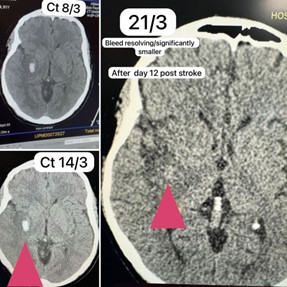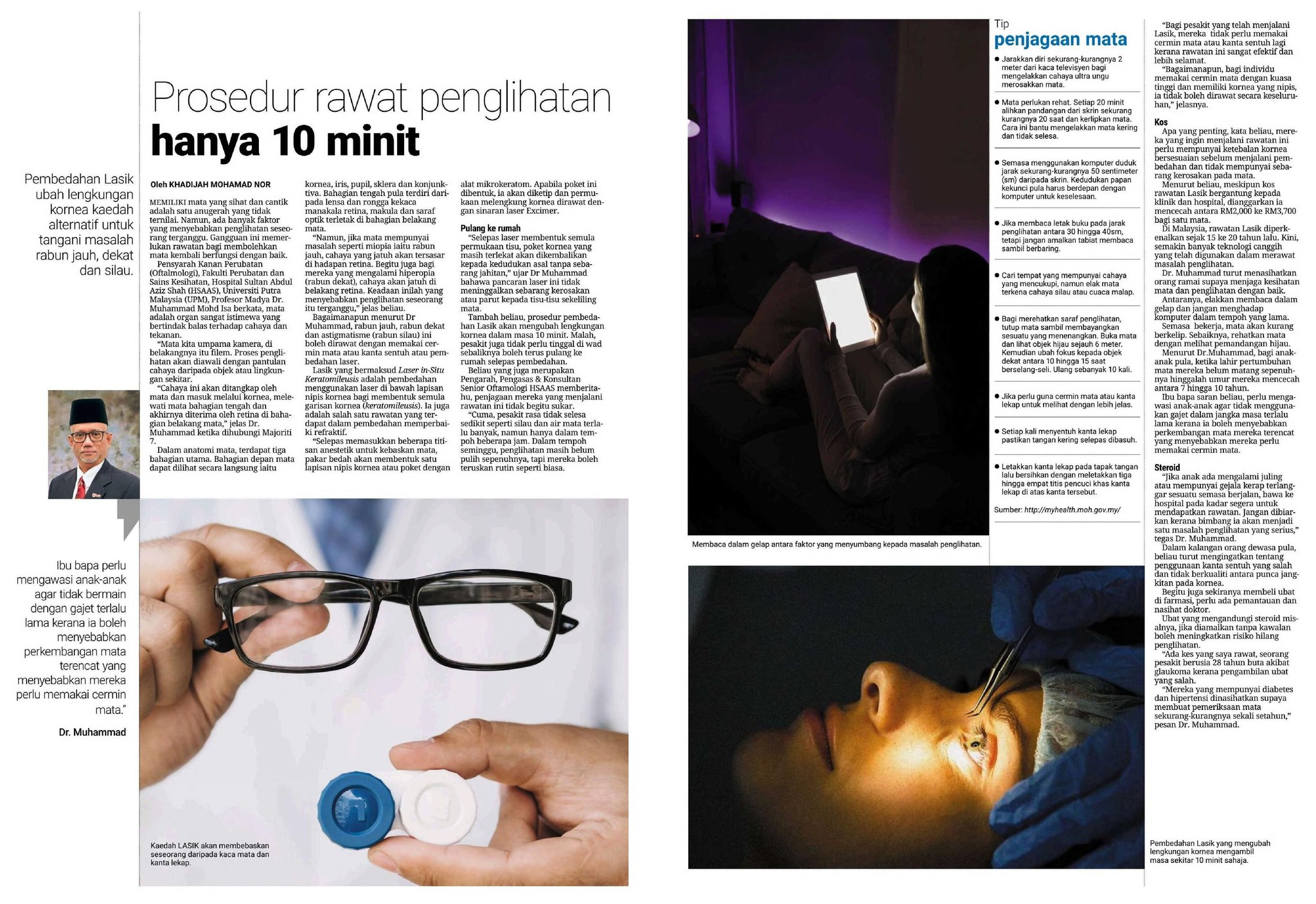**This article was published in English and has no translation in Bahasa Melayu**
**This article was published in thestar.com.my on 20 April 2020.**

Ashley Tang | 20 April 2020
PETALING JAYA: Sporadic cases in Malaysia have doubled to 139 from about a fortnight ago, raising concerns among health experts about asymptomatic carriers of the virus in the community.
Universiti Malaya virologist Prof Dr Sazaly Abu Bakar said the increase was worrying because aggressive testing was not being conducted.
“Without aggressive testing, we would have no idea as to how many in the population have been exposed to the virus, ” he said.
On April 7, Health director-general Datuk Dr Noor Hisham Abdullah said there were 69 sporadic cases then.
However, he revealed in a press conference yesterday that there were now 139 of such cases in which the source of infection was unknown.
(Sporadic cases refer to cases in which the source of infection could not be traced.)
Dr Sazaly noted that without mass aggressive testing such as those conducted in South Korea and Taiwan, the real number of asymptomatic people would not be known.
“These would be the people who are contributing to the sporadic cases and are more likely going to be contributing to emerging new clusters, ” he said.
Universiti Putra Malaysia medical epidemiologist Assoc Prof Dr Malina Osman said the increase in sporadic cases reflected the magnitude of the spread in the community.
She said it was most likely due to undetected asymptomatic people.
“Poor preventive practices also contributed to this condition, ” she said.
“The virus is highly infectious. Most of us in the community are still not immune to the infection.
“Therefore, exposure to the unknown or being unaware of the presence of the source of infection may lead to an infection.”
Dr Malina said sporadic transmission occurred when contact tracing or field investigation procedure failed to identify the source of the infection.
“It can happen when the infected person is not aware of the risks from other persons who have either mild symptoms or are asymptomatic.
“It also occurs due to accidental contact of body secretions on any physical surface while the person fails to wash his hands, ” she added.
However, Universiti Sains Malaysia medical epidemiologist and biostatistician Assoc Prof Dr Kamarul Imran Musa said sporadic cases did not carry the same implication as the doubling of cluster cases.
He noted that sporadic cases occurred in a much “smaller scale and in smaller groups”.
“There is so much that we do not know about the virus – the way it spreads, the signs and symptoms and the impact on one’s health, ” he said.
Yesterday, Dr Noor Hisham said it was vital to continue surveillance of possible sporadic cases, which were detected among ILI (influenza-like illness) and severe acute respiratory infections (SARI) patients.
“From day one, we have started screening (such cases). What is more important is that we want to know if in the last two weeks, whether there was any increase (of Covid-19 detected) in ILI and SARI cases, or whether this has been decreasing, ” he added.
Dr Noor Hisham said Malaysia’s rate of positive cases out of all samples taken was 5%, which was better than the 10% benchmark set by the World Health Organisation (WHO).
“According to WHO, (for instance) when 100 people are screened and 50 people tested positive, that means that there are many cases in the community that we have yet to detect.
“That means that 50% of the cases turn up positive and this means that we must increase our screening.
“Hence, the benchmark set by WHO to show that we are doing enough screenings is 10%, but our success is that our rate is at 5% while other countries is about 7%, ” he said.
He added that cumulatively, the ministry had screened 109,308 cases and out of that number, 5,389 turned out positive.
Tarikh Input: 21/04/2020 | Kemaskini: 21/04/2020 | hirfarizan
PERKONGSIAN MEDIA














.jpeg)













